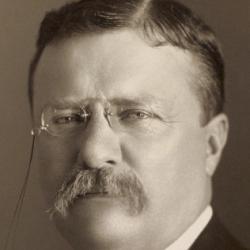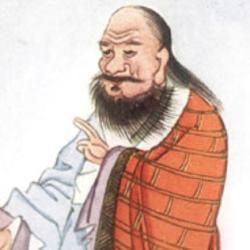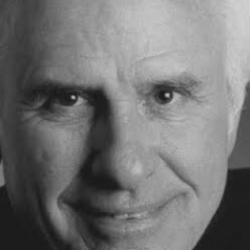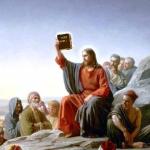It’s unsurprising that Aquinas drew from Aristotle to synthesize natural theology with Christianity (Aquinas frequently labeled Aristotle “The Philosopher”). Looking at Aquinas’ Five Ways, you see signs of Aristotle through and through. Many are familiar with Aristotle’s First Mover Argument from his classic Metaphysics, but looking a little deeper reveals not only the foundation of the Five Ways, but poetic insight as to the nature of this First Mover:
“That a final cause may exist among unchangeable entities is shown by the distinction of its meanings. For the final cause is (a) some being for whose good an action is done, and (b) something at which the action aims… The final cause, then, produces motion as being loved, but all other things move by being moved… But since there is something which moves while itself unmoved, existing actually, this can in no way be otherwise than as it is. For motion in space is the first of the kinds of change, and motion in a circle the first kind of spatial motion; and this the first mover produces. The first mover, then, exists of necessity; and in so far as it exists by necessity, its mode of being is good, and it is in this sense a first principle. For the necessary has all these senses-that which is necessary perforce because it is contrary to the natural impulse, that without which the good is impossible, and that which cannot be otherwise but can exist only in a single way. On such a principle, then, depend the heavens and the world of nature…
If, then, God is always in that good state in which we sometimes are, this compels our wonder; and if in a better this compels it yet more. And God is in a better state. And life also belongs to God; for the actuality of thought is life, and God is that actuality; and God’s self-dependent actuality is life most good and eternal. We say therefore that God is a living being, eternal, most good, so that life and duration continuous and eternal belong to God; for this is God…”
(Metaphysics, Book 7, Part 7, Translated by W.D. Ross)
Image credit: Wiki Commons

















